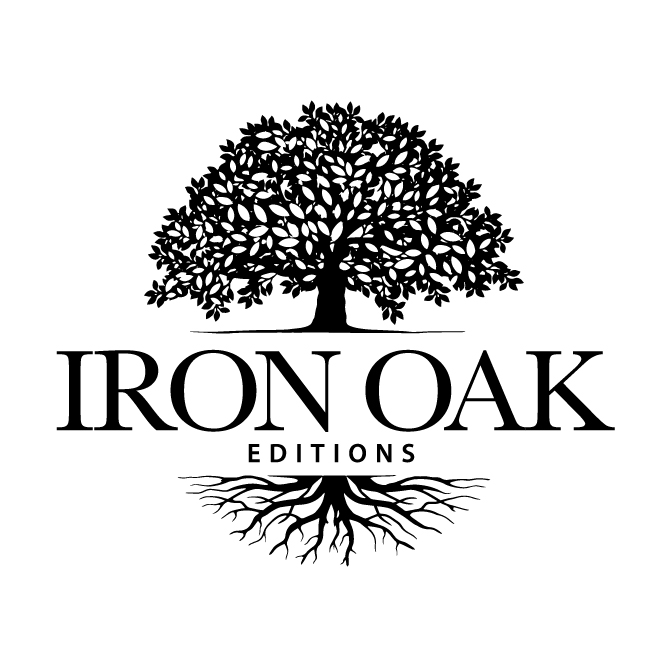IT FELL FROM A TREE.
We were too hungry to be full from eating. —L.P.
Hunger,
hunger is a crumb
just outside the hollow body’s reach. Hunger is the last crumb
of fried plum dumpling. Hunger is a crumb of religion.
Hunger sings and cries. In an empty chapel,
it asks for forgiveness. It pleads when it’s being watched
by the mind’s feeble eye and long after the eye
folds into itself. Hunger is not a crumb. It
is religion—an empty cage caught in the throat
where no bird will trap itself, where no bird will
chirp or trill in a happy, predisposed panic.
Hunger is more like an iron skeleton.
It is not a beautiful bone stripped clean of flesh or
a creature with long and splendid feathers. Hunger does not
shine silver against our grey. It is not
the prism of thought behind a poem behind a word. It is not
an opening and not like a lover’s wide absence.
Want and anguish do not spread hunger thin
enough to swallow or see through. Hunger is
not like the promised flesh of beasts small enough
to break open. It is not the slowest black bear in the forest of the mind.
It will not be slayed in fable or folklore. Hunger is not a story.
Hunger is the most miserable story.
Hunger is the crumb of all reason. It has a body. It can glide
and cry. It can suffer. Hunger lives and breathes
like you and I. It shivers and shakes. After the mouth stills
and the body’s tendrils erupt into soil,
hunger slithers onward. It crawls on long after soil and body
grow into the darkest cherry tree,
long after its ripe fruit falls and rots.
____________________________________________________________________________________________________________________________
Tamara Panici
____________________________________________________________________________________________________________________________
____________________________________________________________________________________________________________________________
Tamara Panici's work has appeared in places like Poetry, Northwest Review, Fugue, Muzzle Magazine, Auto Focus, Waxwing, and elsewhere. She has been a Ruth Lily Fellowship finalist and the recipient of the Black Warrior Review Poetry Prize, the Margaret Reid Poetry Prize, and the River Styx Microfiction Prize. She lives in Washington, DC, with her partner and their children.
_________________________________________________________________________________________________________________________________________________________________________
Image by Cottonbro Studio from Pexels
__________________________________________________________________________________________________________________________________________________________________________
© 2024 Iron Oak Editions
Stay Connected to Our Literary Community. Subscribe to Our Newsletter




